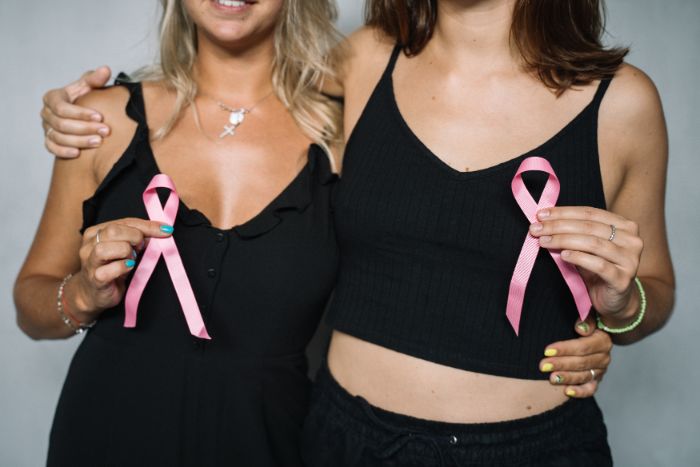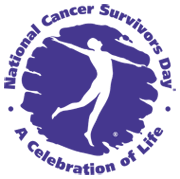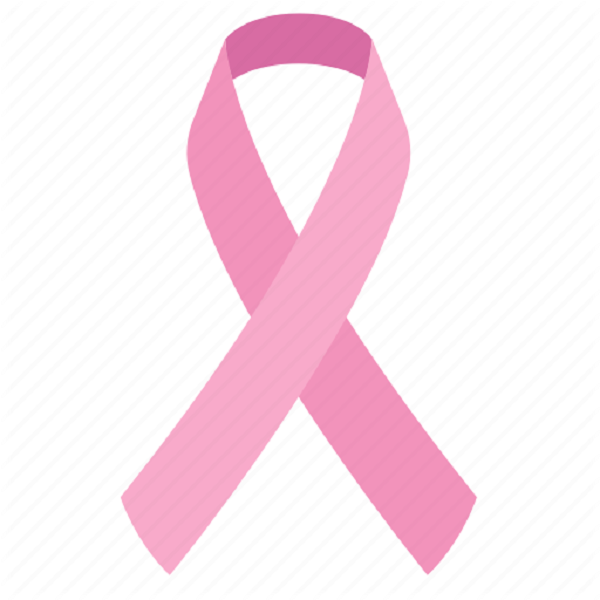“Goodness is the only investment that never fails. Those who bring sunshine cannot keep it from themselves.”
– Henry David Thoreau
October 2020 is a landmark month for Nigeria, as the nation turns 60. However, the entire month of October is also the International Cancer Awareness Month with particular emphasis on breast cancer.
Apart from being the Independence Day of Nigeria, October 1 is also the International Day for Older Persons. Sixty is the cutoff age for the WHO definition of “old”.
If Nigeria were a person, she now qualifies to be called an “older person”. But has Nigeria grown in the wisdom and sense of responsibility that should come with age?
Nigeria is a celebratory culture, which explains why it is the second fastest-growing champagne market, after France. Total consumption of champagne reached 752,879 bottles in 2011 and the nation spends over N41bn (£159m) on the drink annually.
No doubt, many would want to “roll out the drums” to celebrate Nigeria’s diamond jubilee. However, if we use healthcare and life expectancy as a yardstick, Nigeria has nothing to celebrate.
The country is growing old, but tragically, its citizens are dying young. Most Nigerians do not live up to 60. At 60, Nigeria (“the giant of Africa”) has the world’s seventh lowest life expectancy.
Nigerian life expectancy is three years less than South Sudan (a new-born nation just coming out of 50 years of civil war), five years less than Togo, seven years less than Liberia, 10 years less than Congo, 15 years less than India, 18 years less than war-torn Libya and 30 years less than Singapore.
It is instructive to note that Singapore gained independence five years after Nigeria, yet its life expectancy is three decades more than Nigeria. Singapore has attained the status of a developed nation, even though it is not endowed with natural resources, like Nigeria.
This remarkable achievement is attributed to Singapore’s commitment to health and education. In a sad contrast, it was from these two vital areas that funds were slashed in the 2020 revised federal budget of Nigeria.
Given Nigeria’s dismal health statistics, it is not surprising that in 2013, the Economist Intelligence Unit ranked the country as the worst place to be born in the whole world.
Nigeria is at the bottom with respect to most health indices (highest maternal mortality, highest contributor to under five mortality in the sub-Saharan region, highest number of malaria deaths, highest number of VVF, global epicentre of Schistosomiasis, highest mortality from diabetes, etc.).
However, it is in the area of infrastructure for cancer care that the gap in Nigeria’s health infrastructure is most prominent, and the rest of this article will focus on how to bridge this gap.
Non-Communicable Diseases are now responsible for over 70 per cent of global deaths each year, with cancer being a leading cause of death and the single most important barrier to increasing life expectancy in every country of the world in the 21st century.
This means that Nigeria’s low life expectancy will not change, unless we tackle cancer seriously.
Cancer is a pandemic, with 43.8 million people worldwide, currently living with cancer, and 9.6 million annual deaths from cancer. Seventy per cent of cancer deaths occur in developing countries, like Nigeria.
Every day in Nigeria, 32 women die of breast cancer, 28 women die of cervical cancer, 16 men die daily from prostate cancer and 14 persons die of liver cancer.
Most of these cancer deaths are often due to late detection and poor infrastructure. A Comprehensive Cancer Centre is a world-class, stand-alone tertiary health institution, with all departments focused on cancer care.
The CCC is the optimal infrastructure needed for cancer treatment. India has over 200 CCC – most of which are philanthropy-funded non-profit institutions, Nigeria has none.
Kenya, Uganda, Tanzania and Sudan are some African nations that have CCC. Egypt has several CCC, as well as the largest children cancer centre in the world. South Africa also has several CCC
Nigerians now spend over $1bn on foreign treatment annually, an amount sufficient to establish 20 CCC every year. Unfortunately… Continue reading below
Nigeria at 60: Independent nation with no independent cancer care



